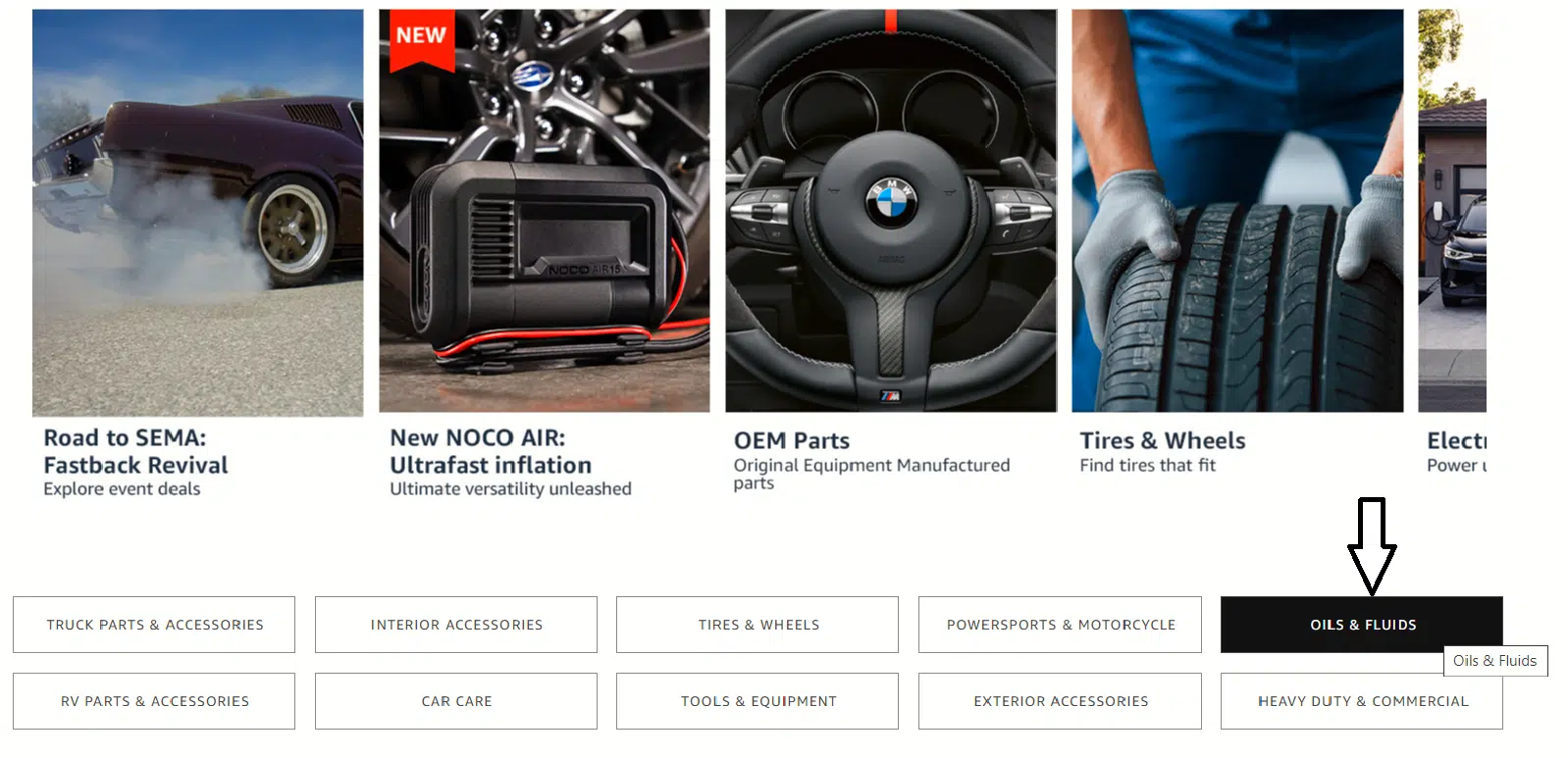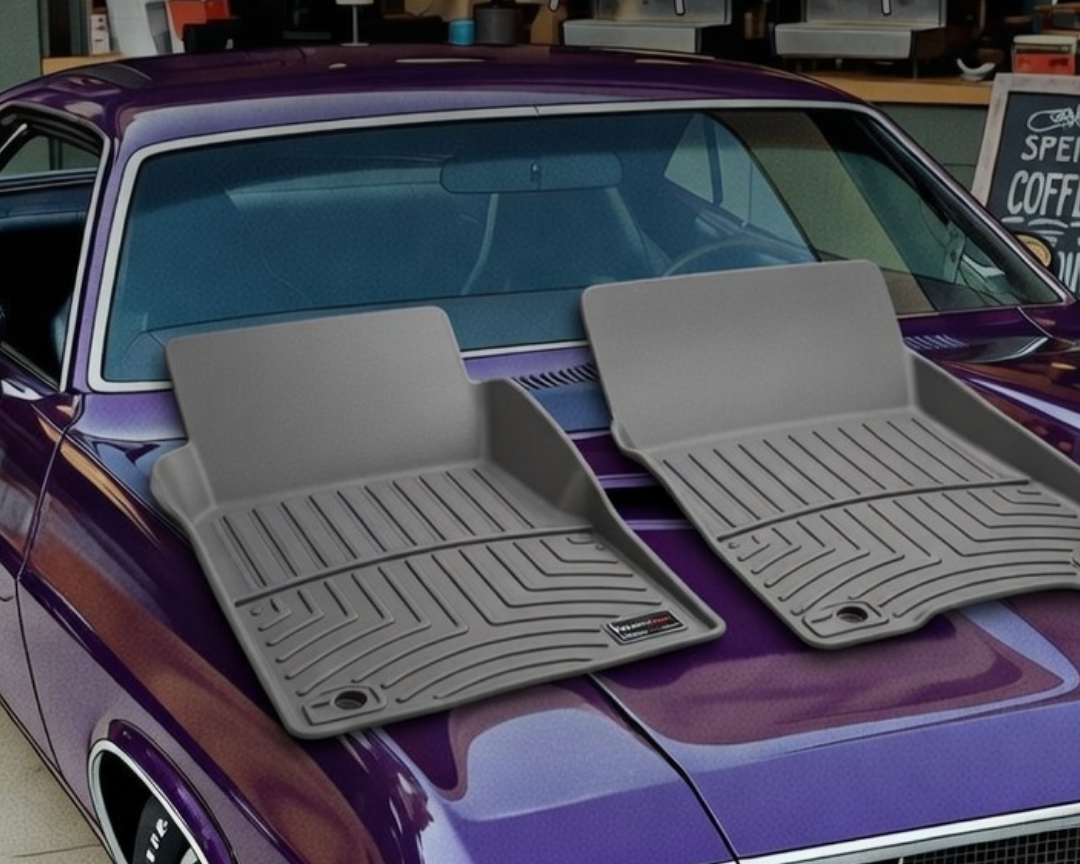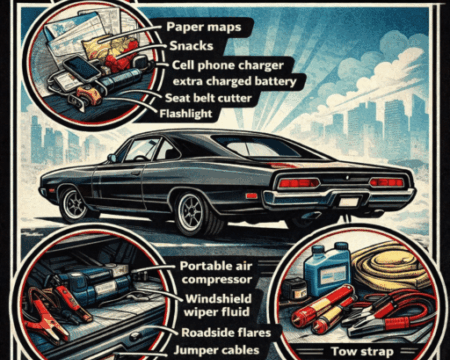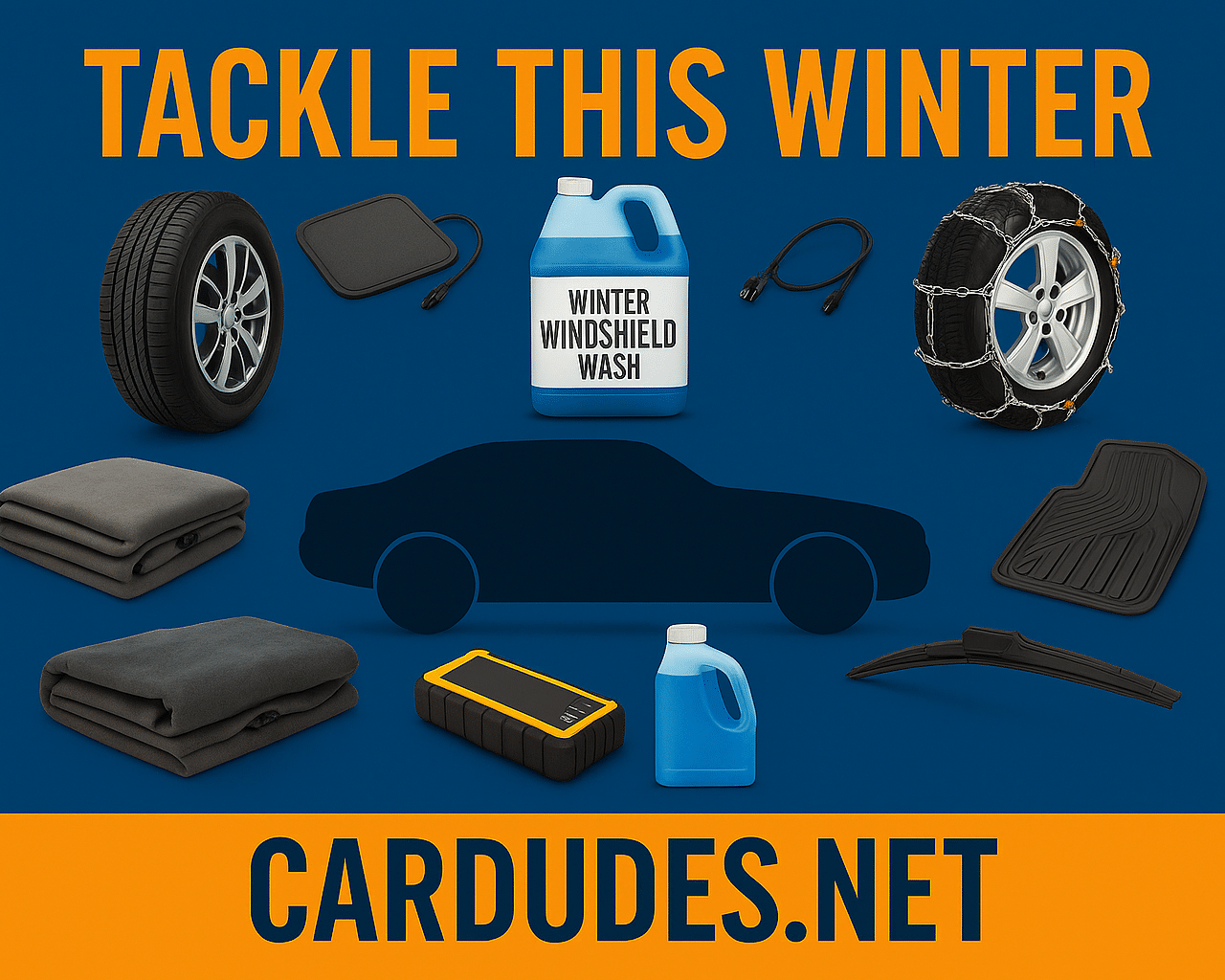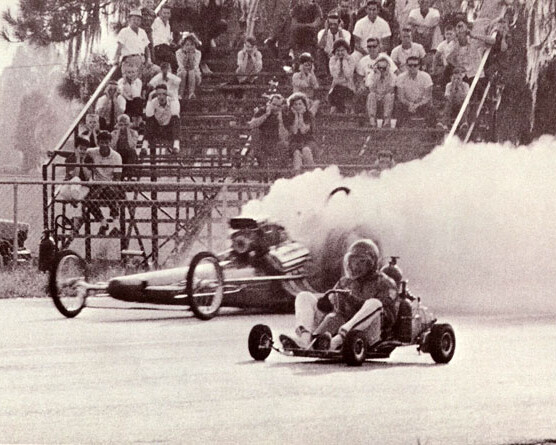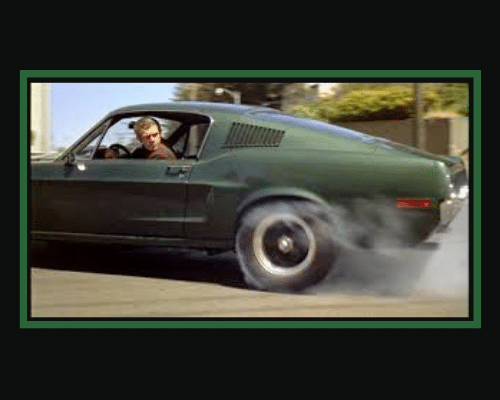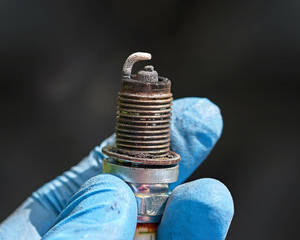What Happens When You Overfill Engine Oil in Your Car or Truck
Maintaining the right engine oil level is critical for the performance and longevity of your car or truck. While most drivers are aware of the dangers of low oil levels, overfilling engine oil can be just as harmful. Understanding what happens when you put too much oil in your car or truck’s engine can save you from costly repairs and keep your vehicle running smoothly.
Why Engine Oil Level Matters
Engine oil plays a crucial role in lubricating engine parts, reducing friction, and maintaining optimal engine temperature. Proper oil levels ensure that your engine runs efficiently and lasts longer. But when you overfill engine oil, you risk damaging key components.
The Dangers of Overfilling Engine Oil
-
Increased Crankcase Pressure: When you overfill engine oil, it creates excessive pressure inside the crankcase. This pressure can cause seals and gaskets to fail, leading to oil leaks and potentially severe engine damage.
-
Oil Foaming and Poor Lubrication: Overfilled engine oil can come into contact with the crankshaft, causing it to whip the oil into a foam. Foamy oil lacks the necessary lubrication properties, leading to increased engine wear and tear.
-
Restricted Oil Circulation: Too much oil can overwhelm the oil circulation system, preventing it from reaching critical areas of the engine. This can lead to overheating, increased friction, and ultimately engine failure.
-
Catalytic Converter Damage: In extreme cases, excess oil can enter the combustion chamber and burn, damaging the catalytic converter. A damaged catalytic converter can lead to increased emissions and reduced engine performance.
-
Engine Misfires and Performance Issues: An overfilled engine may experience misfires, rough idling, and a noticeable drop in performance. Modern vehicles with advanced engine management systems are particularly susceptible to these issues.
How to Avoid Overfilling Engine Oil
-
Regularly Check Oil Levels: Always use the dipstick to check your engine oil level and ensure it falls within the recommended range. Do this on a level surface when the engine is cool for the most accurate reading.
-
Follow Manufacturer Guidelines: Your vehicle’s owner manual provides the correct oil capacity for your engine. Stick to these guidelines and avoid adding oil if the level is already within the recommended range.
-
Add Oil Gradually: When topping off engine oil, add small amounts at a time and recheck the level with the dipstick to prevent overfilling.
What to Do If You Overfill Engine Oil
If you realize you’ve overfilled your car or truck’s engine oil, here’s what to do:
-
Drain the Excess Oil: Carefully drain the excess oil from the oil pan by loosening the drain plug. If you're unsure how to do this, seek professional assistance.
-
Consult a Mechanic: If your engine shows signs of distress, such as unusual noises or oil leaks, it’s best to consult a mechanic immediately. They can assess the situation and make any necessary repairs.
Conclusion
Overfilling engine oil can lead to serious problems, from increased pressure and oil leaks to poor engine performance and catalytic converter damage. By regularly checking your oil levels, following your vehicle’s manufacturer guidelines, and being cautious when adding oil, you can avoid these issues and keep your car or truck running smoothly.

